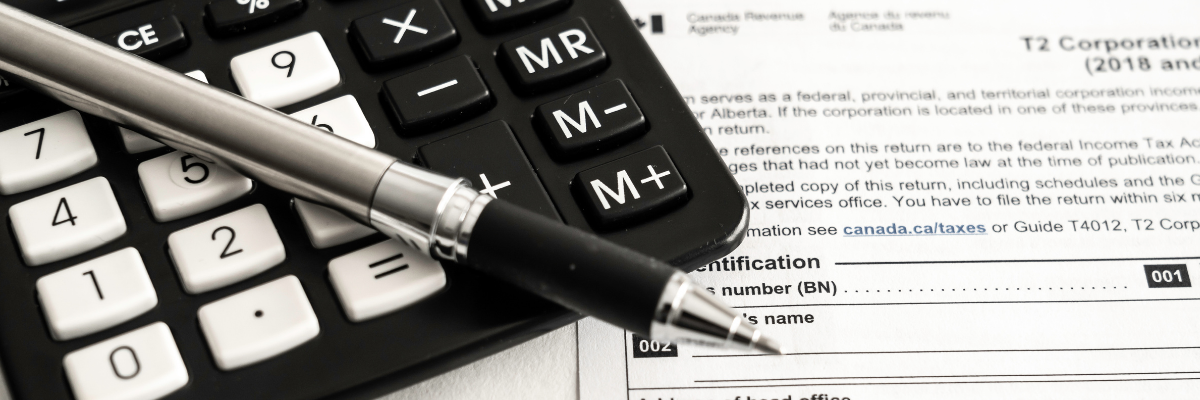Corporation Tax Debt
If you feel your business cannot maintain corporation tax payments or has already failed to do so, action is imperative to securing the best outcome for your company. A pro-active approach will show HMRC that you are tackling your financial issues head on, rather than ignoring your concerns. This response will likely serve as one of the most valuable assets you have in HMRC negotiations.
